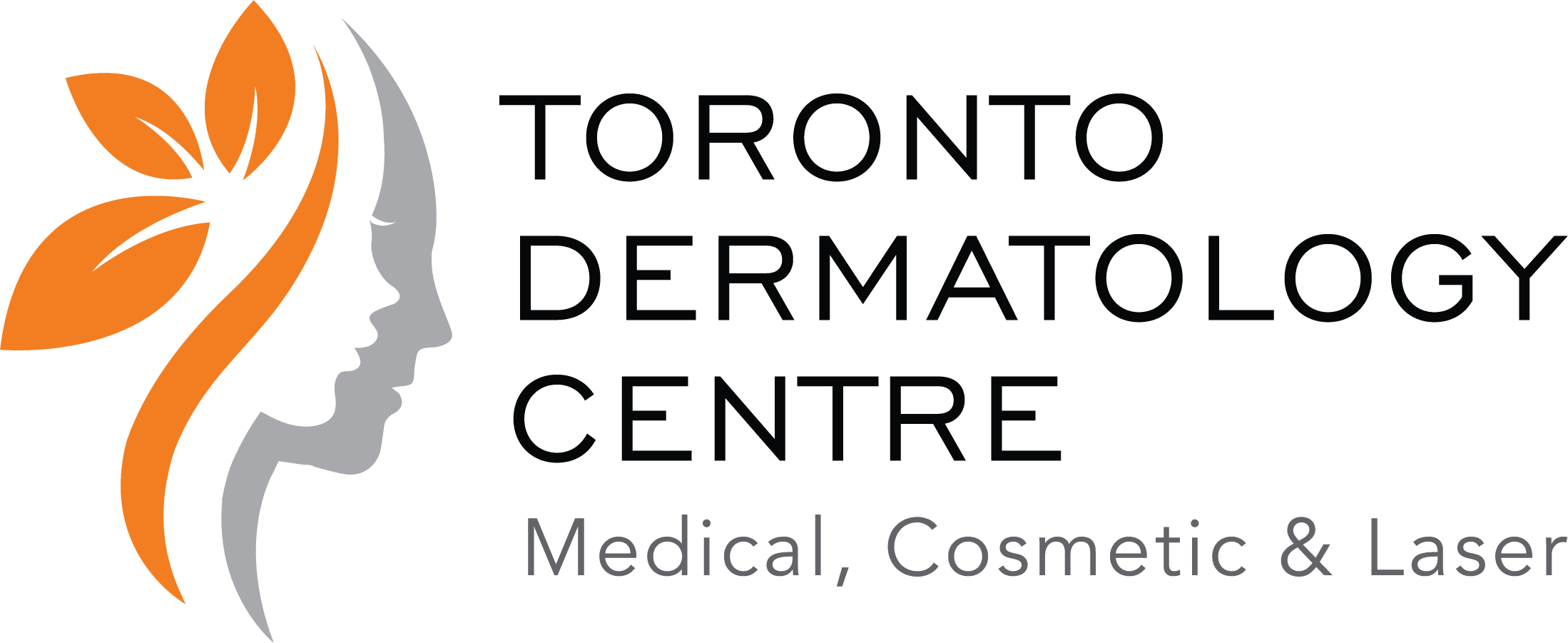If it’s the fair, de-ethnicized look you’re after, there appears to be a Facebook app for that.
A Facebook application aimed at users in India released last month promises to lighten the skin tone of faces in profile pictures. It’s sparking cries of racism, while igniting a long-standing debate in Asia about why fair skin is equated with beauty.
The app, created by Vaseline, is meant to promote Vaseline Men “Be Prepared,” a brand of skin-lightening cream for men in India. But it’s caught the attention of many in the West, previously unaware that a multibillion-dollar “skin whitening” industry is flourishing in Asia.
Many are complaining the app, and the products it promotes, prey on a distorted idea of beauty and reinforce negative stereotypes about dark skin. Change.org has even launched a petition that’s earned more than 9,000 signatures, which urges Facebook to remove the app and to “stop running racist apps.”
On the Facebook page inviting reviews of the app, users have left a string of angry comments, such as “This is disgusting and racist. Shame on you! ALL SKIN COLOURS ALL BEAUTIFUL!”
Yet, Vaseline is hardly alone in marketing skin lightening creams. L’Oreal sells a product called Absolute White+, Estee Lauder sells CyberWhite EX: Extra Brightening Skincare. Nivea has a “Sparkling Glow” Fairness line, and Avon has a product line called Refined White.
Though the products have been aimed at women for more than 30 years, skin care companies have recently begun tapping into the male market, promoting fair skin as essential to success in career and love.
Indian cosmetics group Emami, following the lead of the industry-leading “Fair and Lovely,” launched in 2005 a “Fair and Handsome” line for men. While the TV ads, featuring Bollywood superstar Shah Rukh Khan as a swarthy man who wins the girl only after he lightens his skin, have earned criticism, the creams are hot sellers.
“Fair” skin is not just the ideal in India. Similar “whitening” products are also popular in China, Japan, eastern Asia, Arabia, and even eastern Africa.
But though the Vaseline Facebook application has become the lightning rod for ire about the fair-is-beautiful stereotype, skin tone’s link to status is entrenched in almost every culture.
In India — as well as in Europe until recently — dark skin has long been associated with lower classes and castes. Only those who work in the fields allow their skin to tan and darken, the thinking goes. The elite meanwhile can lead more leisurely lives out of the sun, so light skin has become associated with status and thus, beauty.
In African-American culture, skin tone can still be a touchy topic, but as Elizabeth St. Philip’s recent documentary, The Colour of Beauty, so poignantly illustrates, in the beauty industry, lighter skin stubbornly remains the ideal.
Among whites, the “fairest one of all” was long considered the most beautiful. These days, of course, the pendulum has swung the other way.
Now, tanned skin is what suggests wealth and a life of leisure on the beach. So, ironically, while those in the East strive to appear lighter — and, some would argue — more Western, many in the West want to be dark.
An industry of self-tanning products and tanning booths has long offered what many white women want. So why, some are wondering, is it wrong for skin cream companies to fill the opposite niche in the Asian market? It’s a question being asked on the Facebook Vaseline Men page, where many point out the apparent hypocrisy.
“Where’s all this outrage when these companies market darkening/tanning creams, lotions and sprays to white people who want to look darker?” asks one Facebook user. Another writes: “I have never hear any one think tanning or tanning products as being Racist [sic].”
Somewhere lost in the debate is whether skin-lightening creams even work, and if they are safe.
Toronto dermatologist Benjamin Barankin notes that there are many safe skin-lightening creams available both by prescription and over the counter. But he says they’re used to lighten age spots, reduce the appearance of scars and to treat a skin condition called melasma, not whiten the whole face.
He notes these creams contain ingredients like hydroquinone, which inhibits melanin production and synthesis, but are meant to be used only for spot treatment over the short term. He doesn’t know of any approved full body or face creams in Canada that promise to lighten the skin.
“But if you go to some of the ethnic stores in Toronto and elsewhere, they’re available illegally,” he told CTV.ca. Many of those creams contain dangerous levels of arsenic or mercury.
“In the short term, they’ll lighten the skin. In the long term, they’ll just give you cancer,” he says.
Others contain steroids, such as cortisone and hydrocortisone, neither of which should be used on large areas, such as all over the face.
“They thin the skin, they can cause cataracts or glaucoma. They’re not a safe option for long-term use. Not a good thing to be using whatsoever,” he says.
He says he often uses safe treatments such as those with glycolic acid and other alpha hydroxy acids (AHA). Such creams work like a chemical peel, sloughing off some superficial skin damage. But Barankin notes that while these products can brighten the skin, it’s unlikely anyone could be transformed from swarthy to fair.
“You have pigment cells based on your racial background and genetics. And there’s only so much we can do. Protecting skin from the sun is the best way to avoid darkening of the skin.”
| CTV.ca – Vaseline Skin-lightening app called racist. |
